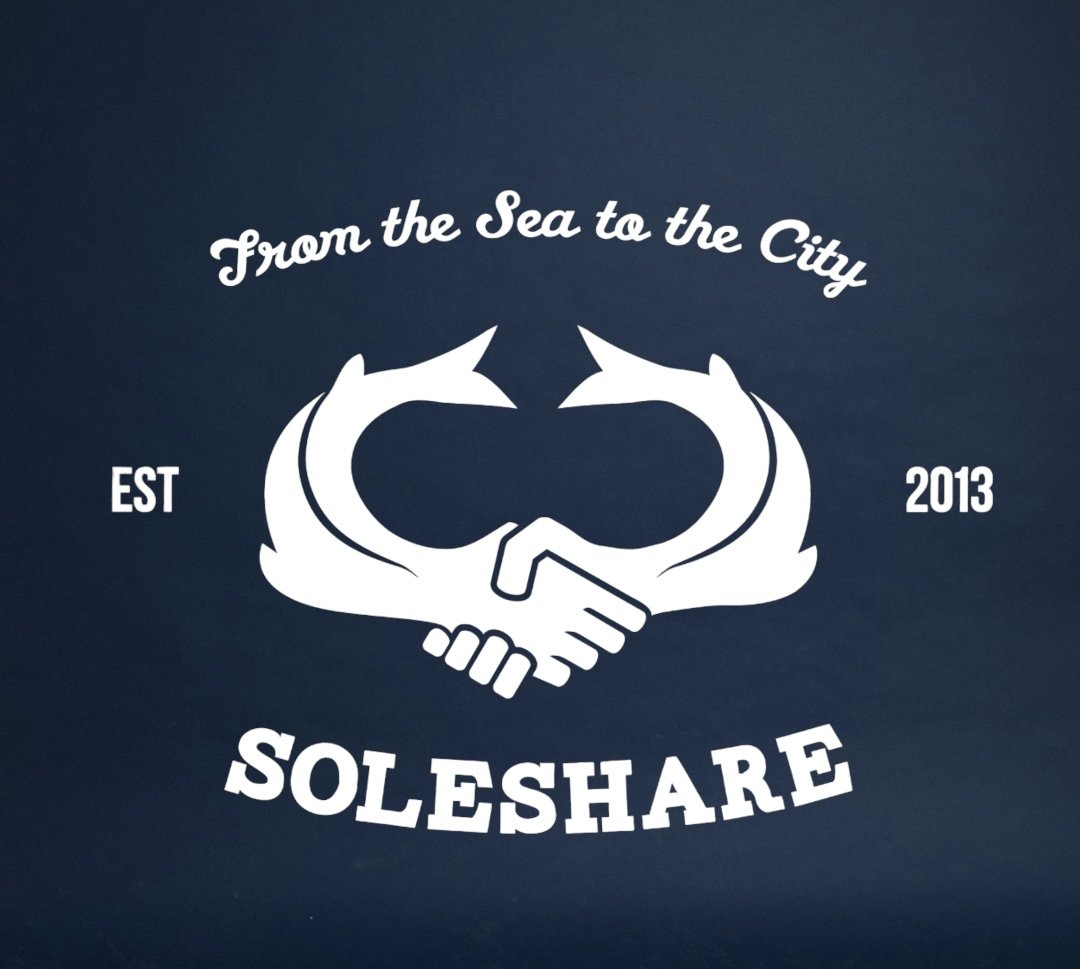I know a lot of people who have abandoned animal protein altogether- not because they have issues with the ethics of eating animals, but more because they worry about the sustainability of it all.
Animal agriculture is the single largest contributor to climate change- the methane they give off is 21 times more potent a greenhouse gas than carbon.
The soy needed to feed them is a cash crop in the tropics, where native habitats are clear-cut to grow it.
Large scale use of anitbiotics to prevent animals kept in hideous conditions from getting sick could have dire consequences for future (human) epidemics.
The numbers of large, predatory fish have declined globally by 90% and fish farming, still a young industry, is far from reaching standards many of us find acceptable.
Fair enough, on the whole and especially in the States, the food system has become a monstrous beast. It takes in a horrifying amount of resources and produces a terrifying amount of waste, purely to make cheap meat available to a growing class of people who eat meat three times a day. I can see where the vegetarians are coming from. But let’s think about the logic of the argument.
We have three categories of people, those who refuse to eat meat, those who will eat meat regardless and a third group who eat meat responsibly.
By responsible meat consumption, I mean people who eat animal protein a few times a week. They spend good money on good quality meat products. They’re happy to spend more as the meat is delicious, it’s had a good life and hasn’t been intensively reared and pumped full of hormones to make a quick buck.
To grow animals in this way takes time and money. The farmers that do it have the same morals as the responsible meat eaters- they don’t want us to slide into the US system of cattle lots and hog ranches.
It’s the same with fishing. You can fish responsibly in harmony with the sea and the seasons, or you can hoover up everything you find or grow fish in pens and feed them on drugs and other ground up fish.
Here’s the crux of my argument. For every person that gives up eating meat, we lose someone from the responsible meat eater group. The group that doesn’t care grows larger and the group that does care grows ever smaller.
As less people buy responsibly sourced fish and meat, the people who were providing it are unable to make a living. They chuck in their jobs, sell it to larger interests with no concept of sustainability or they’re forced to cut costs and corners to sell their products to the supermarkets.
What happens then? The unaccountable food industry tightens its grip and takes over the entire supply chain.
No more small farmers, no more small fishermen, no more local produce. Just cheap, homogenous, bland food.
‘Ah’ say the vegans, ‘but if everyone gave up animal protein then the world would live in harmony’.
We’ll never stop the world from eating meat. It’s too delicious and most people don’t give a damn. A more pragmatic approach is to eat less meat. Eat better meat and eat meat better.
If we only ate meat two or three times a week, it would have the same effect as two thirds of the world going vegetarian. But we’d still all eat meat and not bore anyone with our sanctimonious tirades.
You won’t find many fishmongers telling you this, but we need to eat less fish. We need to eat less animal protein full stop. When you buy animal protein of any kind, make sure you know where it came from, what it’s life was like and whether it’s a good idea to be eating it at all. Chances are you won’t find any of this information in the supermarket, so go and support a local independent retailer instead!




